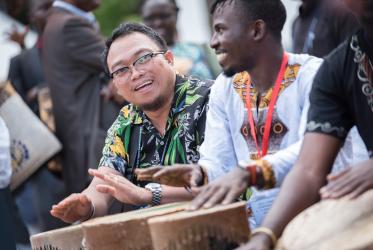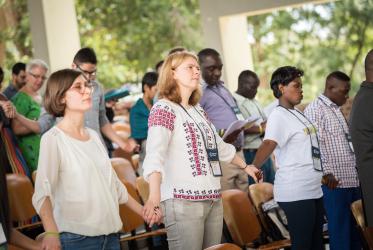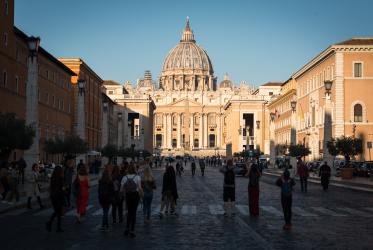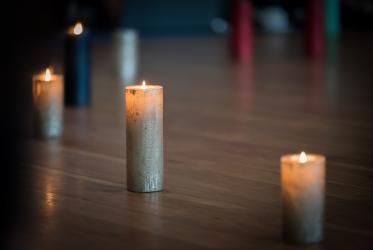An international consultation on “Education for Transformation: Challenges and Prospects for Formation and Reformation” was organised to mark the bicentenary of Serampore College, and the centenary of the Senate of Serampore. The Serampore College was founded in 1818 by the Baptist missionaries William Carey, Joshua Marshman and William Ward and was later reorganized into the Senate of Serampore to become today an institution which serves as the only university for theological education in India for Protestant, Orthodox, Pentecostal and Independent churches. About 100 church leaders, heads of educational institutions and faculty of theological colleges participated in this consultation.
Deputy general secretary of the World Council of Churches (WCC) and Bossey Ecumenical Institute director Fr Ioan Sauca represented the WCC in this historic event and delivered the keynote address. In his address, Sauca pointed out that “in the Indian context, theological education has been one of the most effective instruments of the ecumenical movement.”
Highlighting how the curriculum of the Senate of Serampore colleges have envisaged theological education also as a concrete means of transformation through their praxis-orientation, he emphasised that “when we talk about the role of ecumenical movements today in transformation in the Indian context, it inevitably entails talking about education.”
Sauca also underlined how the consolidation of denominational identity, greater interfaith sensitivity and the inclusion of a socio-political ‘world agenda’ have changed the shape, vision and goal of the ecumenical movement, and are going to shape the face of global Christianity. In such a context Sauca expressed the confidence that ‘Serampore College’ could be an important actor to engage with those challenges and the debates and discussions that surround them.
Welcoming the delegates to the celebrations, the master of the Senate of Serampore, Rev. Dr John S. Sadananda, in his inaugural address, said that the significance of the past “to the ongoing mission and ministry of the church has to be discussed afresh” for the present.
“We need to recapture the vision and mission of our founders and discover new paradigms for the vocation of the church and theological institutions in our context and time, keeping in mind various challenges, potentials and learning experiences for formation and reformation”.
Sadananda highlighted how the transformation that we seek “for lives and systems” ought to be oriented towards unity and wholeness. “Let us not make our celebrations a time of pure nostalgia. Let us make it a starting point for the future and chart a course of action for the future”.
Participants of the international consultation also took part in a special thanksgiving service in St Paul’s Cathedral, Kolkatta and moved to the historic town of Serampore, where the Serampore College is located, for the second part of the consultation. Rev. Dr Peniel Rajkumar, WCC programme coordinator for Interreligious Dialogue and Cooperation, also participated in the consultation and brought greetings on the occasion.







